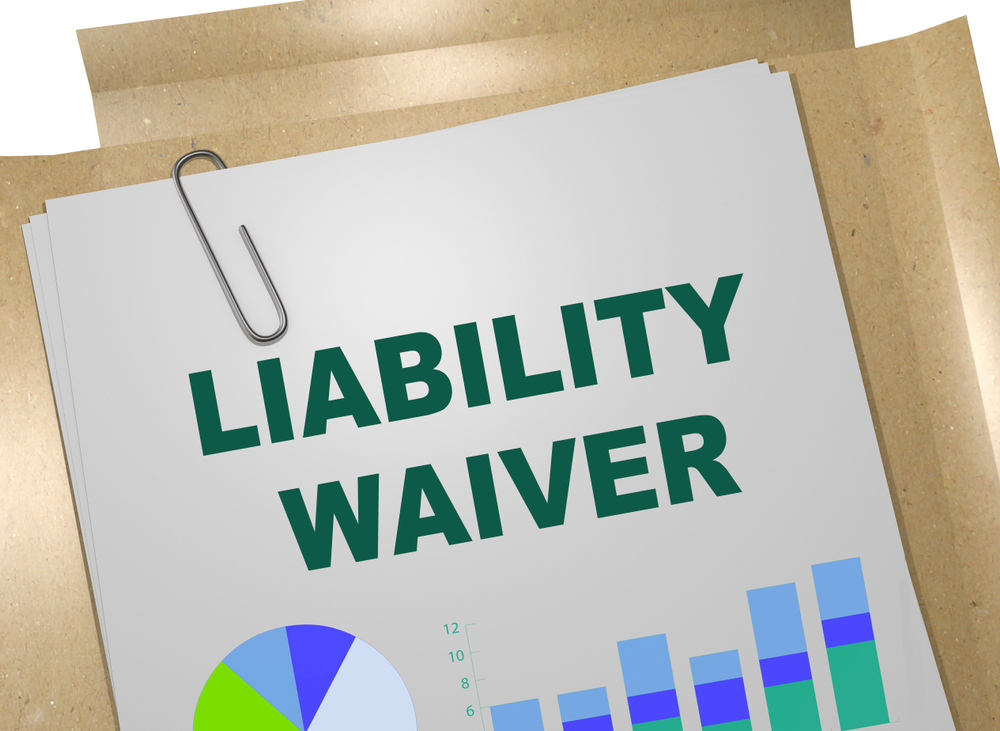Exculpatory Clauses will be Strictly Construed to Determine Enforceability

Do you know what an exculpatory clause is? My guess is that you signed more than one document with such a clause even if you are unfamiliar with what the clause is called. I know I have signed way more than one document with such a clause. An exculpatory clause is basically a full-blown liability waiver / damages waiver and release clause that you are signing on the frontend before an incident may occur. However, because of the devastatingly harsh effect these clauses can have if an incident does occur (by serving as a get out of jail free cause for purposes of a civil dispute), these clauses will be strictly construed to determine their legal enforceability:
“An exculpatory clause purports to deny an injured party the right to recover damages from a person negligently causing his injury. They are disfavored in the law because they relieve one party of the obligation to use due care and shift the risk of injury to the party who is probably least equipped to take the necessary precautions to avoid the injury and bear the risk of loss. Such clauses are strictly construed against the party seeking to be relieved of liability. Thus, exculpatory clauses are enforceable only where and to the extent that the intention to be relieved from liability is made clear and unequivocal. The wording must be so clear and understandable that an ordinary and knowledgeable person will know what he is contracting away.”
The Estate of Nicholas Adam Blakely, by and through Michelle Wilson, as Personal Representative v. Stetson University, Inc., 48 Fla.L.Weekly D45a (Fla. 5th DCA 2022) (internal citations omitted).
In a recent opinion dealing with the death of a student athlete during a football practice session, the appellate court held that the student’s exculpatory clauses signed before football season were NOT enforceable because they was not clear and unequivocal. The appellate court explained in determining the unenforceability of the clauses:
As we have previously observed, exculpatory clauses are to be strictly construed against the party seeking to be relieved of liability. Here, Stetson’s Athletic Participation Release of Liability and Waiver of Liability form: 1) failed to expressly inform [the student athlete] that he was contracting away his right to sue Stetson for Stetson’s own negligence, 2) used language that could reasonably lead one to believe that the university would be supervising and training properly so that he was only being asked to sign the exculpatory clause to cover injuries inherent in a sport, and 3) used language suggesting that the terms of the release were for [the student athlete’s] benefit. The combination of these factors supports a determination that the exculpatory clause was not clear and unambiguous. As a result, we conclude that the exculpatory clause relied upon by Stetson is unenforceable and that the trial court erred in granting summary judgment in favor of Stetson.
Stetson University, supra.
Please consider that while the court found the exculpatory clauses were unenforceable, that does not mean the exculpatory clause you sign will be unenforceable. Understanding the effect of what you are signing is key because incidents do unfortunately occur. When you sign an exculpatory clause, you need to operate under the assumption the clause will be enforceable so that you can best weigh the options. I understand that by refusing to sign may result in the lack of participation in an activity, etc., and this is certainly part of the options that need to be weighed.
Please contact David Adelstein at [email protected] or (954) 361-4720 if you have questions or would like more information regarding this article. You can follow David Adelstein on Twitter @DavidAdelstein1.




